Connected Yet Disconnected: ‘Like Me’ and the Loneliness of Social Media
From ‘Taxi Driver’ to Twitter, talking influences and inspirations with the team behind the boundary-pushing indie thriller.
Facebook is a 13-year-old. YouTube is a year younger. Twitter just turned 11.
They—along with brasher little siblings like 6-year-old Instagram and preschooler Snapchat—have rewired our lives around an endless drip, drip, drip of updates, comments, favorites, shares and likes. (God, how we live for those likes!)
It’s not even a question that social media has reshaped our world (look no further than the man in the Oval Office), but those new forces are only just starting to shape our art. A generation of so-called “digital natives” has arrived, creating movies that are as influenced, in ways both obvious and subtle, by Zuckerberg as much as Spielberg. And I couldn’t be more thrilled.
Robert Mockler is one such director. Like Me, his debut feature, premiered earlier this month at SXSW. The film follows Kiya (Little Sister’s Addison Timlin) as she films herself committing reckless acts then posts the videos to social media, growing a massive following that spurs her on to even more transgressive behavior. Mockler paints Kiya’s drug- and junk food-fueled escapades in neon colors, with stylized edits and Tumblr-ready looping animations. Think Requiem for a Dream, if YouTube were a drug.
I got to chat with Mockler, Timlin and her co-stars Ian Nelson (The Boy Next Door) and indie horror icon Larry Fessenden (also a producer) in Austin the day after their premiere. Full disclosure: I have no objectivity when it comes to Like Me—I’ve known Fessenden for years and have been in a relationship with one of the film’s producers for even longer. (Our conversation has been edited for content and clarity.)
Outtake: How does it feel to come away from your world premiere, here at SXSW?
Addison Timlin: Surreal. I think surreal is a good word.
Robert Mockler: It is surreal, yes, that’s for sure.
Timlin: Someone asked me if I was nervous, and I said I was, in a way that I hadn’t ever been before because I felt like my stake in it was so much more, and so personal… I’m really proud of it and I think that everyone worked super hard and against the odds, you know, and in a very short period of time we like, I think, made a really fucking cool movie.
Social media is in the lifeblood of this film. In the on-screen response to Kiya’s videos, it even has its own comments section and internet troll [in the form of Ian Nelson’s character, Burt] already baked in.
Ian and Addison, as twenty-something actors with social followings, I’m sure you deal with the love and adrenaline rush that comes from that. Did your own social experiences inform your performances?
Ian Nelson: I actually remember creating, like, fake Twitter accounts and stuff…to really tweet out really vitriol-filled remarks about what was going on in the world, just to experiment. I remember feeling this, uh, adrenaline rush like the danger of posting something. Like, you weren’t really affecting anyone, but when you write those things, your body’s reacting…it’s like when you get in a fight with someone, how you’re buzzing afterwards, because like it’s not something you wanted to do but something that your body sort of took over.
Timlin: My personal social media things are mostly just…being funny?
Nelson: I literally will text Addison multiple times a week to tell her I loved her tweets. They make me laugh so hard!
Timlin: The only joy I really get out of social media is on Twitter but it’s kind of like, I play a bit of a character, I think? It’s a version of me.
A snarkier version?
Timlin: Sadder, darker, lonelier version of me. Like my pinned tweet is, “can you die from low self-esteem?” [laughter]
I never saw Kiya as being vapid, narcissistic…like viral sensationalist or anything. I feel like social media stars—and especially female stars —what we’re dealing with now is people that are like, hypersexual and like, you know, “Instagram models” or whatever the fuck that means. I think that Kiya is an artist. She’s this really sad, lonely girl who is desperately trying to connect with the world in some way.
Social media gets so much flack for being, like, “we’re all just looking at our phones like robots” but I think also it is like such an incredible tool for artists all over the world to be getting their work out there, for musicians and filmmakers and connecting with people.
I love your point about Kiya’s quest for connection. Were there outsider characters in other works that influenced your take on her in any way?
Timlin: That question’s hard for me because I feel like as a person, an actor, an artist myself, I feel like I’m constantly absorbing people and things all the time. There’s this quote I’ve always loved, “I’m the combined effort of everyone I’ve ever known.” And I think that that’s a part of it. Certainly that there are movies and characters and things I’ve seen that I’ve fallen in love with and they, like, weave themselves in, in a way.
The way that she looked and dressed like, we had a lot of back and forth on that, just from like how it started conceptually versus where we ended up. You know, there’s a picture of Winona Rider—that’s all I’m going to say.
Mockler: We bonded over the same picture, looking at the same thing…
Timlin: I was in between hair colors, or something, in between projects, and I could go blonde but I was like “I think it should be black like this,” and we both had the same picture, like, on our desktop or something.
Nelson: The colors are so beautiful of all your clothes, and the way your hair looks, and like the baby blue…
Mockler: Oh, that’s our fashion designer, Sam Hawkins.
Nelson: It’s really beautiful.
Timlin: She did an amazing job, too, because there’s something that’s still very like, boyish and youthful about her.
Mockler: There’s an androgyny that we talk about…
Timlin: …and there’s a dichotomy in that way of her, like, putting herself in these like sexual situations but also just being this, you know, street urchin.
Larry Fessenden: Rob’s artistry was very apparent when the script was delivered; it had hyperlinks in it and so you could go and look at some of this online art. And I immediately knew that, among other things, he was an editor and he loved juxtaposing one image to another. Like, one of my favorite scenes in the movie is when she’s calling [Fessenden’s character] Marshall on the phone and the ring is accompanied by a series of crazy and somewhat threatening images and there’s a wave…it’s like a tsunami, and a wolf mask …I just like using the medium viscerally. I feel like a lot of movies are really rather dreary and conventional in the way that they tell the story…There’s some great use of time, even though Rob will be celebrated for these fast cuts and this crazy kind of jagged stuff. Then there’s also an understanding of the power of the long take, the lock off. So it’s really just somebody who is using the medium to its full potential.
One thing Rob and I have talked about is this is a cinematic capturing of the breakdown of the mind in the social media world where you’re, sort of…there’s an impatience and a fracture. And I think it’s how he depicted these, this condition we’re all in, that makes this a real cinematic work.
Cinematic, no question, but bringing in a new vocabulary from YouTube. From Tumblr. From Snapchat. Is it fair to say that those are things that informed your work, in a way?
Mockler: I think it’s there, I can totally see it. The whole idea of GIFs is, like, this idea—picking this suspended moment of time and, like, distilling it and looping it. Larry was talking about the sense of things that are fractured. But I just do love movies, you know….
Let’s talk about some of the movies and filmmakers you grew up loving, that may have influenced or inspired aspects of Like Me…you mentioned Kubrick in the Q&A. Any specific Kubrick-inspired moments in the film?
Mockler: Nothing I want to call out specifically, but movies I loved? Taxi Driver. And that was somehow tied to [Like Me] for me in that it’s a movie about loneliness. I really like those lonely man movies, like Taxi Driver and The Conversation and The Tenant—these movies that explore loneliness. That was one of my main interests.
Fessenden: Taxi Driver! The ambition of that, given that it was a low budget movie. I mean, [Scorsese] cut a hole in the floor in the hotel so he could film the famous overhead shots. I mean that takes some cojones to say “that’s what we’re doing.” And, you know, it’s because he wanted to see the cinema change, not for his ego but because there was another way to show this. And Kubrick would create lenses! And on it goes, you know these guys really wanted to push…
Mockler: As much as, you know, saying being inspired by social media like, I feel like it’s really about looking back thirty or forty years at these things that were being done that feel so much more aggressive and transcendent, and just learning from people that are masters.
Lightning round: favorite films?
Fessenden: Well, I have a standard horror answer which is Night of the Living Dead. It was a bizarrely frightening movie. The idea of the coziness of the old horror movies suddenly translated into a 1968 shit-show. It was very scary and visceral, and very handmade so that appeals to me. I do love The Tenant, I do love Taxi Driver, I don’t want to take Rob’s ones away, but I think that there’s a commonality here — these are the “lonely man” movies that were so essential in the seventies. They really expressed a new paradigm of, like, we’re all alone in this world, we’re trying to relate. And those are important to me.
Timlin: Well, I always like to answer these questions with a gun to my head in my imagination, so like, my gun-to-my-head answer is Annie Hall. When I watch Annie Hall it reminds me of, I have the same feeling watching Annie Hall as I do falling in love. Some other good movies of mine…Taxi Driver is a huge favorite of mine and I remember watching that movie and wanting so badly to be Jodie Foster more than anything in the world. A Woman Under the Influence is a big thing for me, I love John Cassavetes—Gena Rowlands is, I think, my favorite actress of all time.
Nelson: Off the top of my head, You Can Count on Me, Kenneth Lonergan’s movie from 2000, I think it’s 2000, it’s one of my favorites. The Master, Paul Thomas Anderson’s movie, rocked my world when I first saw it and I’ve probably seen it like ten times since. Going off [Addison’s] Cassavetes, he’s probably my favorite filmmaker. Which Rob and I, we actually connected a ton before filming, and [he] introduced me to Mikey and Nicky, the Elaine May film [starring Cassavetes and Peter Falk], and like Minnie and Moskowitz…but yeah like Woman Under the Influence, but Husbands is probably my favorite Cassavettes movie.
Mockler: Always changing but right now probably 2001: A Space Odyssey, just because I love really experimenting with form. I saw that movie in 70mm recently and the attention to detail is like, mind-blowing. And I would say Eternal Sunshine of the Spotless Mind. I love the script, the filmmaking style. And I think right now I’m going through an Edward Scissorhands thing.
First film you saw that made you realize you wanted to make movies someday?
Mockler: Probably Star Wars, then Requiem for a Dream. Those two.
Made you want to pick up a camera?
Mockler: Yes, well Requiem for a Dream, I saw it at the right age and was like “oh, so you can do that.” Films can be this way, and they can make you uncomfortable, and they can make you feel…you know, they can be about weird things.
Nelson: East of Eden, definitely East of Eden was the first movie I watched where I would just…I got very excited, I remember I used to watch it actually every day I had acting class when I was living in North Carolina…because I was just very excited by it.
Fessenden: I can’t answer…well…I…the first movie I remember seeing was King Kong, 1933. Remember, I’m just an old guy. [Laughs] And then, when I saw [One Flew Over the] Cuckoo’s Nest, that’s the first time I figured out how movies were made. Because Nicholson holds his hand one way in this shot and then in the reverse he’s holding it another way and I just realized, “oh my god, you mean they filmed this more than once?” so that was an entry.
Timlin: The Wizard of Oz, goddamnit. I wanted to be Judy Garland so bad!

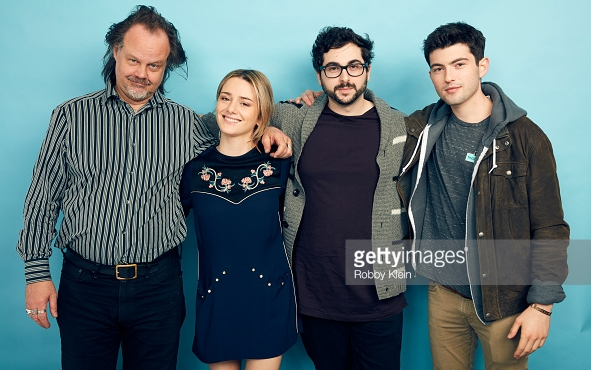
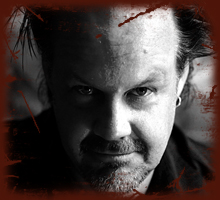
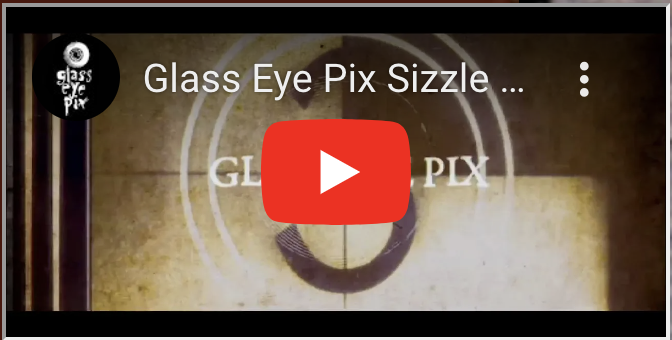
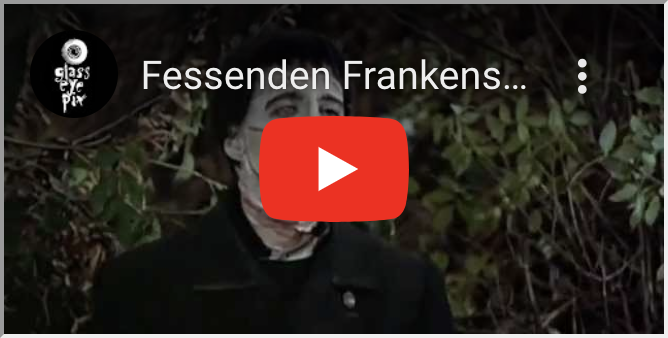
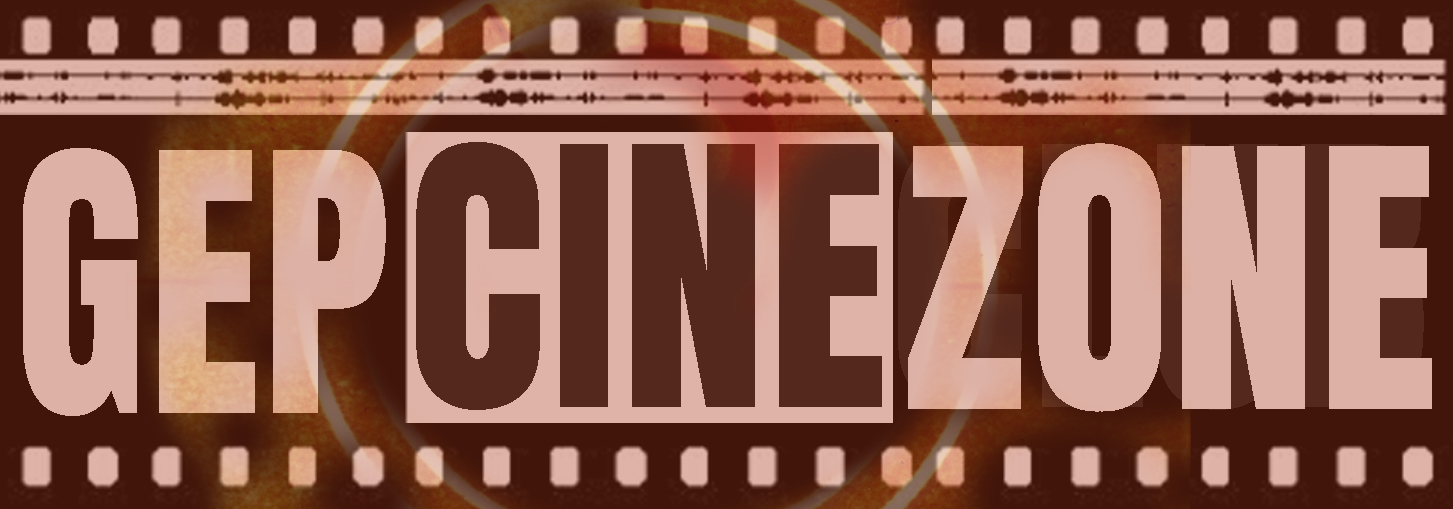


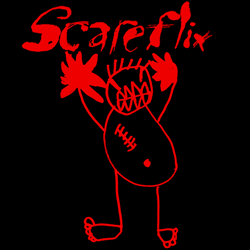
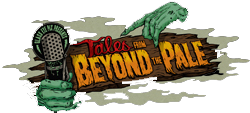
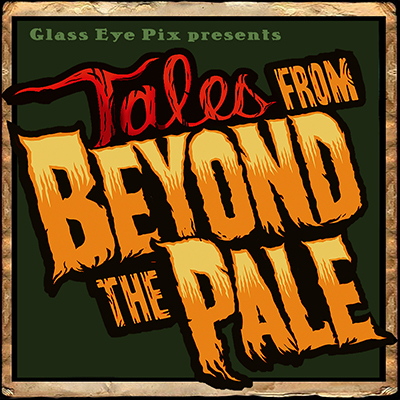
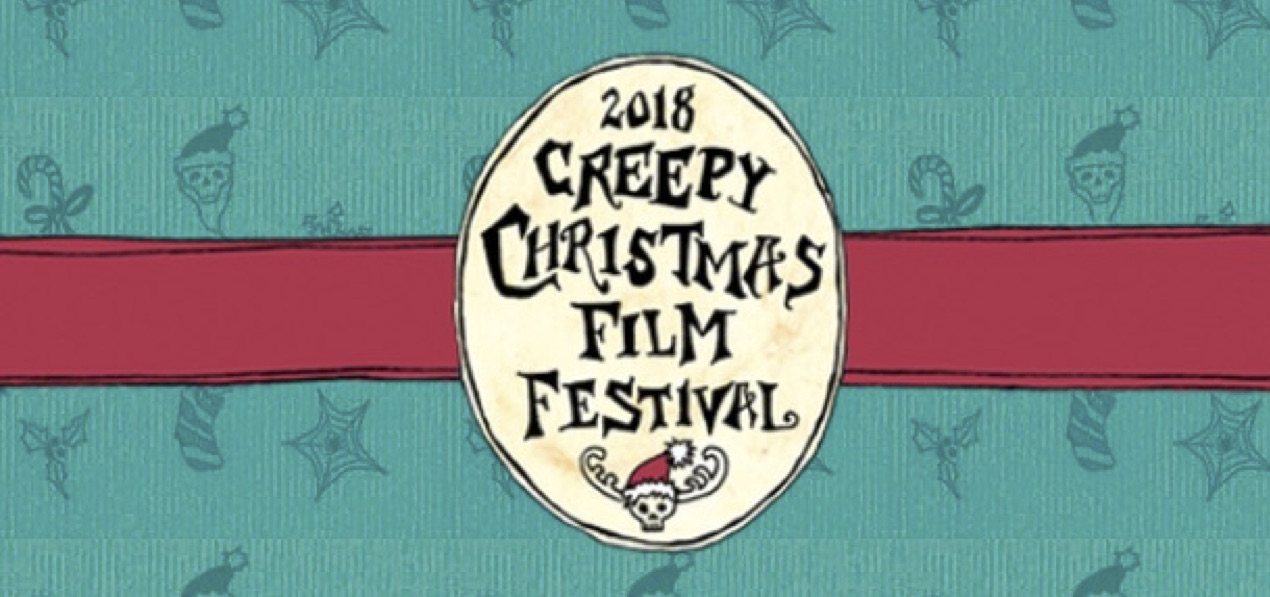
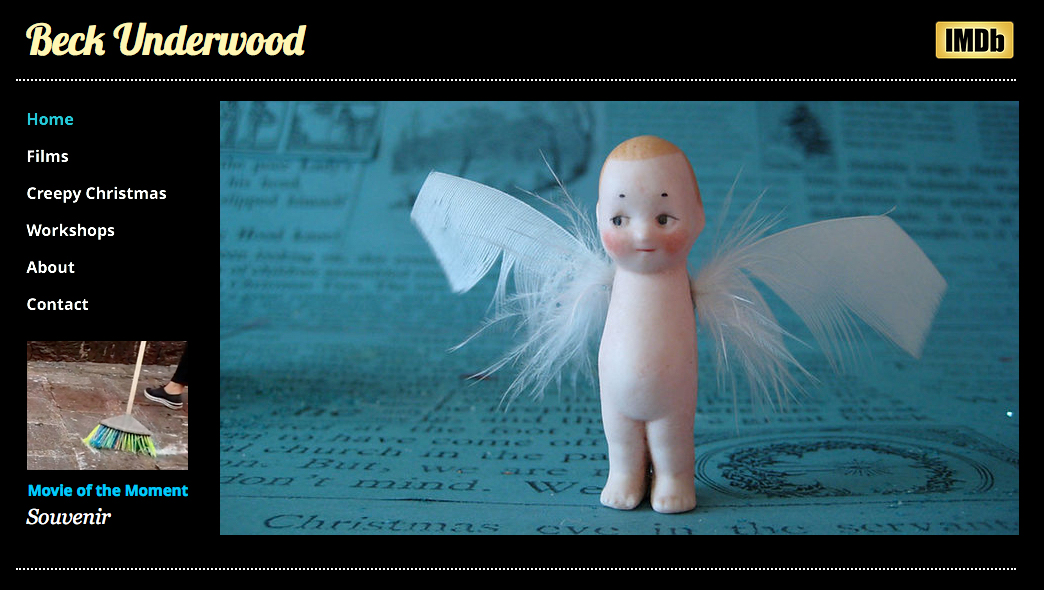
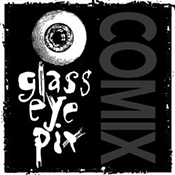




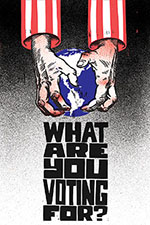
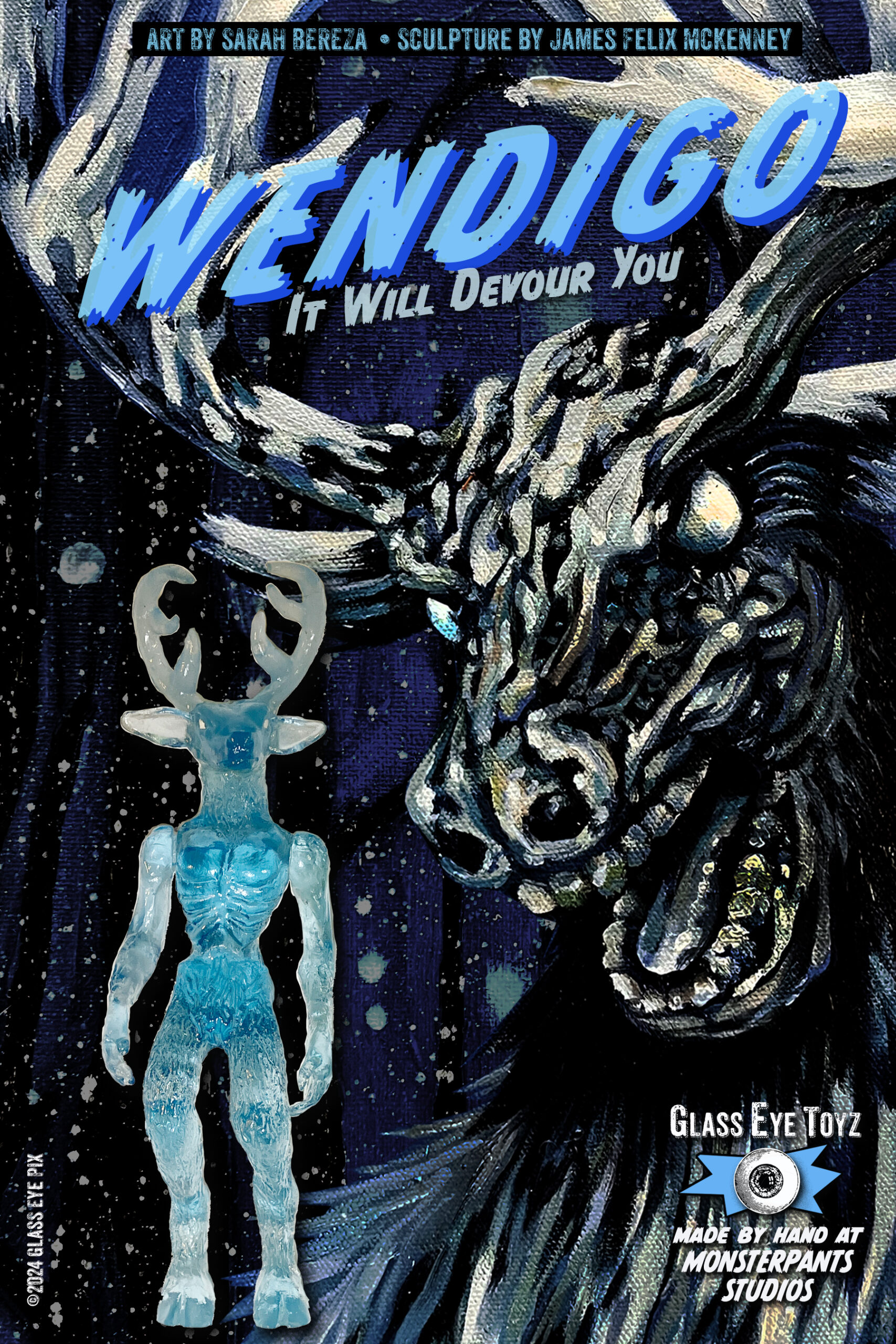
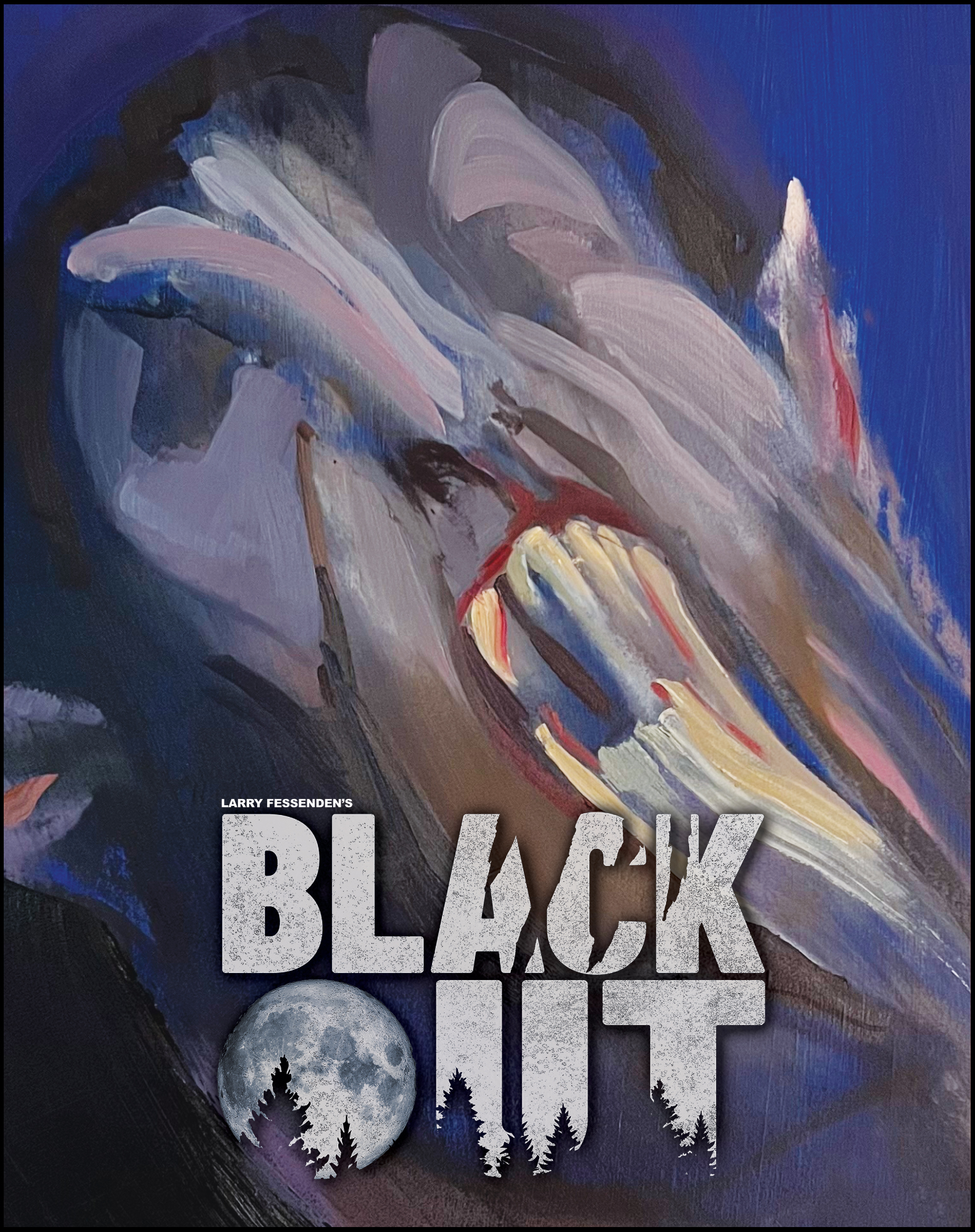
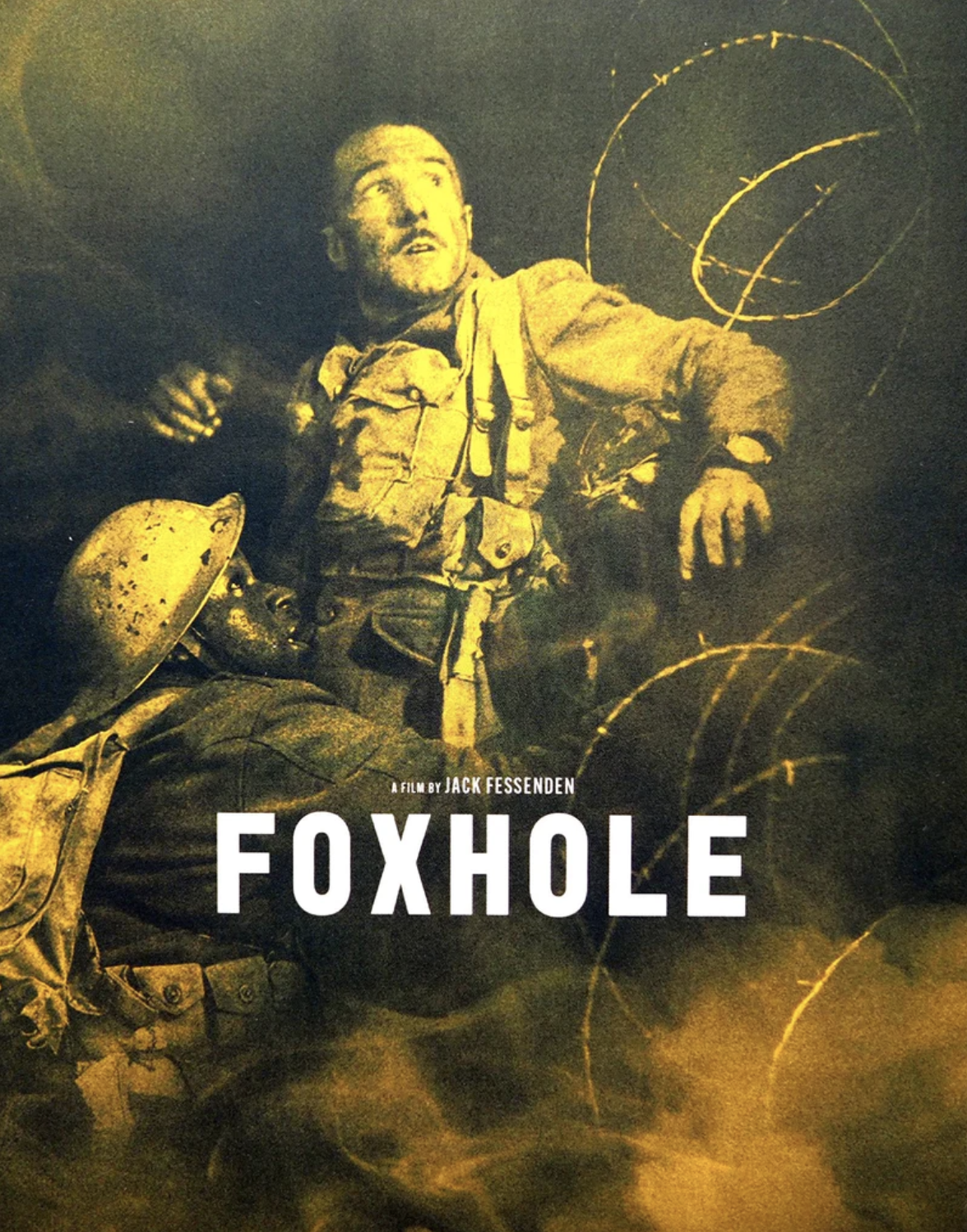
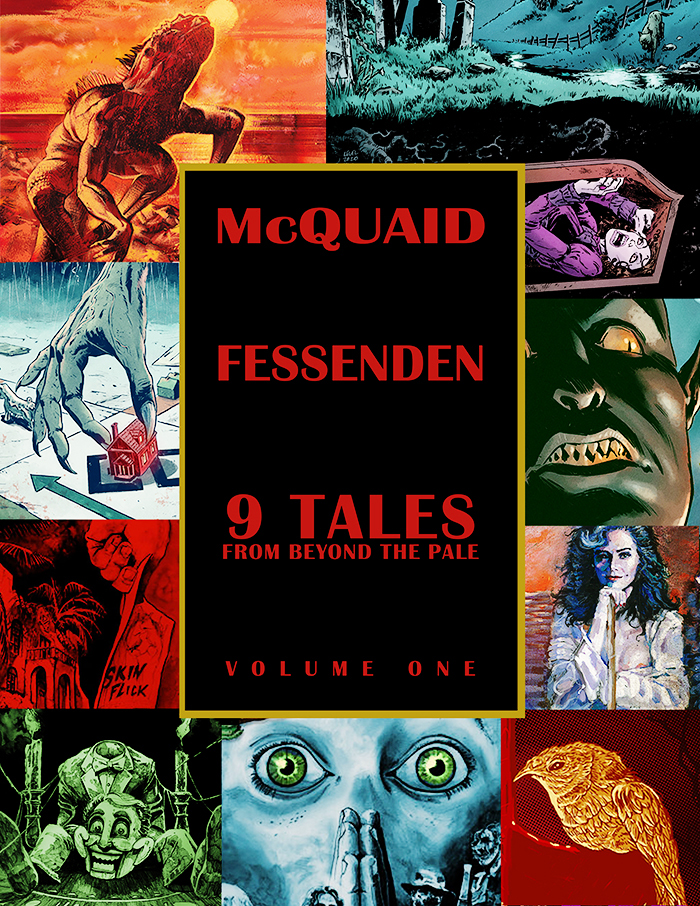
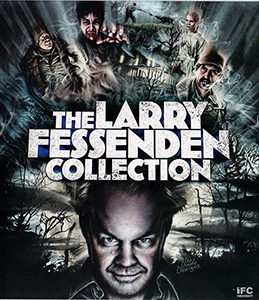
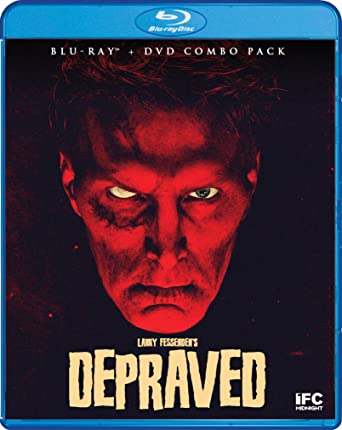
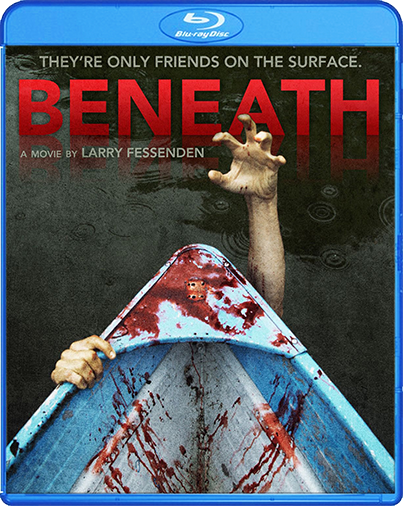
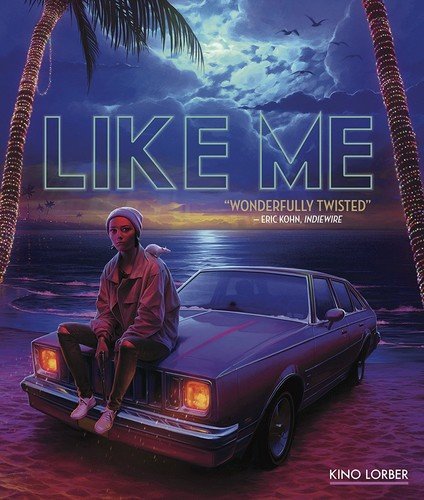
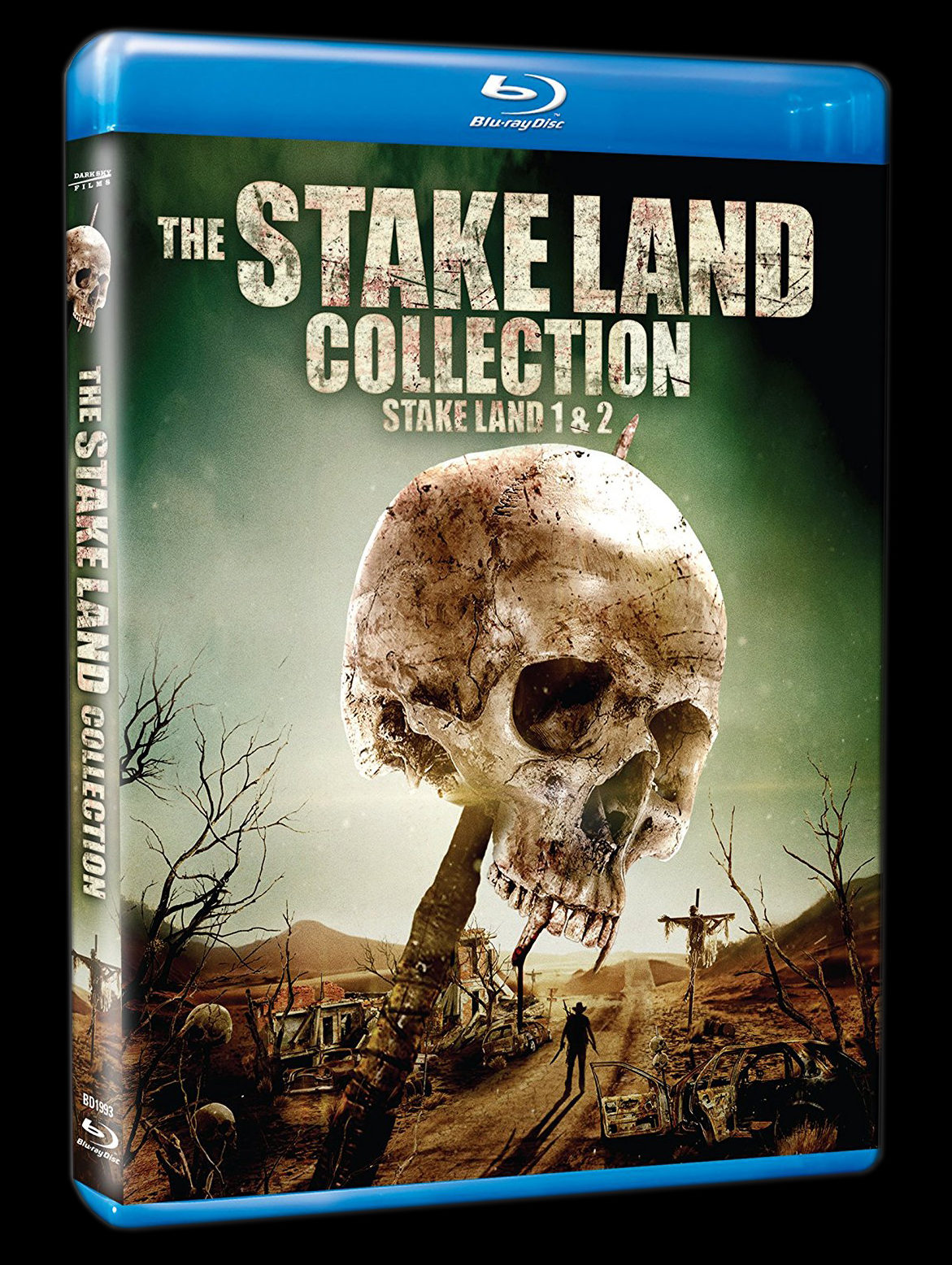
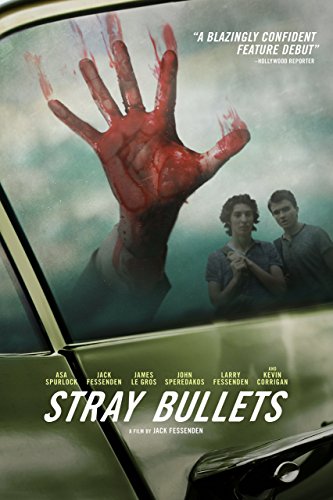
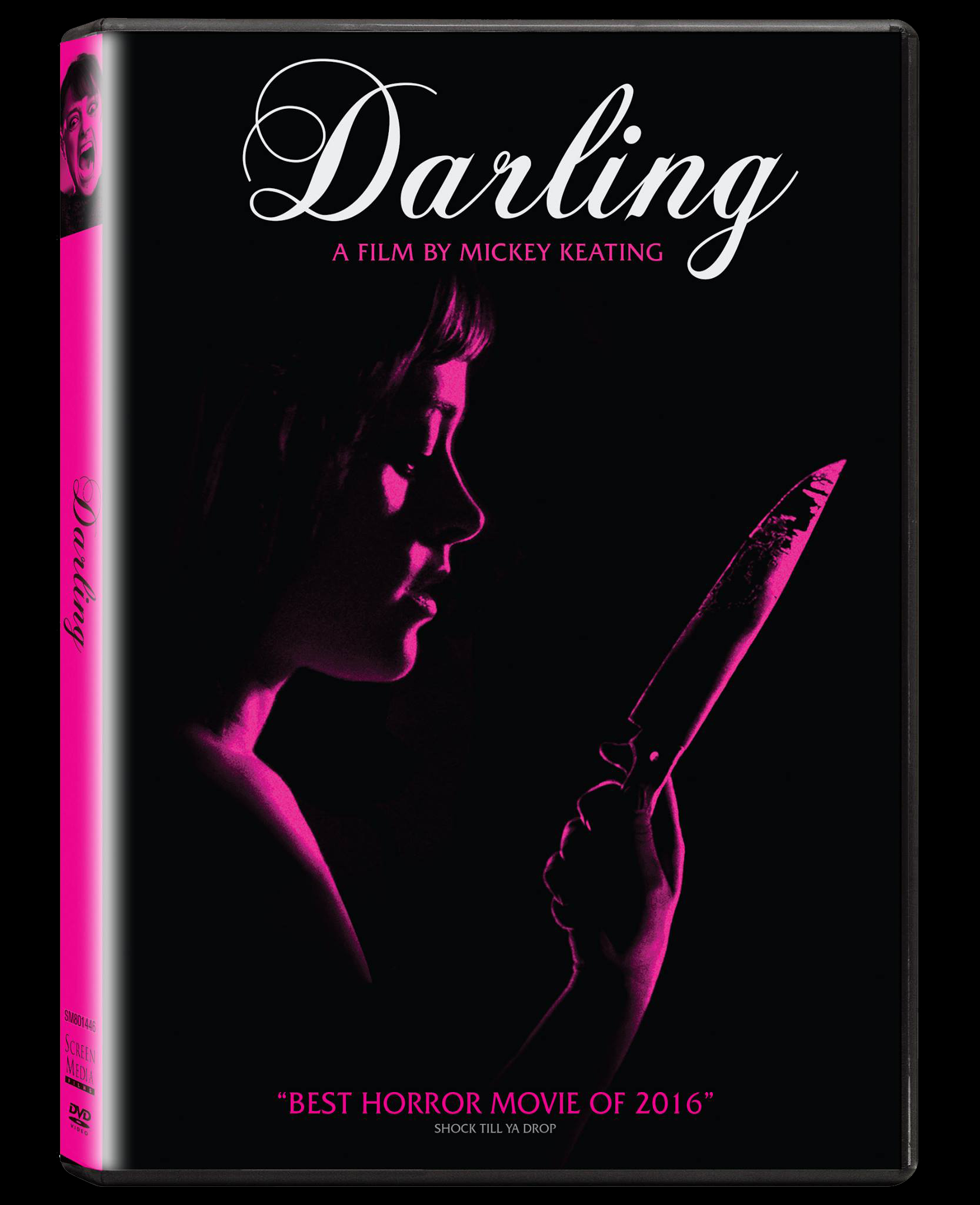
Add a comment